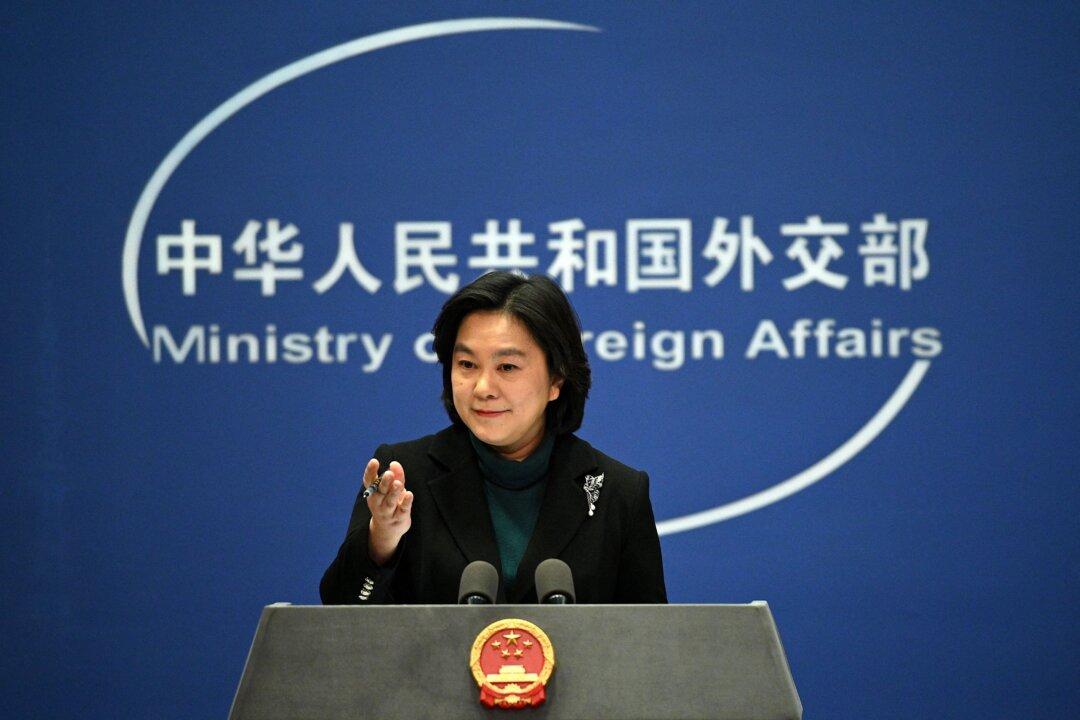China has refused to condemn Russia’s invasion of Ukraine, saying the regime won’t rush to conclusions, and instead accused the United States of inflaming the possibility of war in the region.
During a tense press briefing on Feb. 24 that ran for more than 90 minutes, China’s foreign ministry spokesperson Hua Chunying skirted a half-dozen questions about whether Beijing would consider Russia’s assault on Ukraine an invasion.





